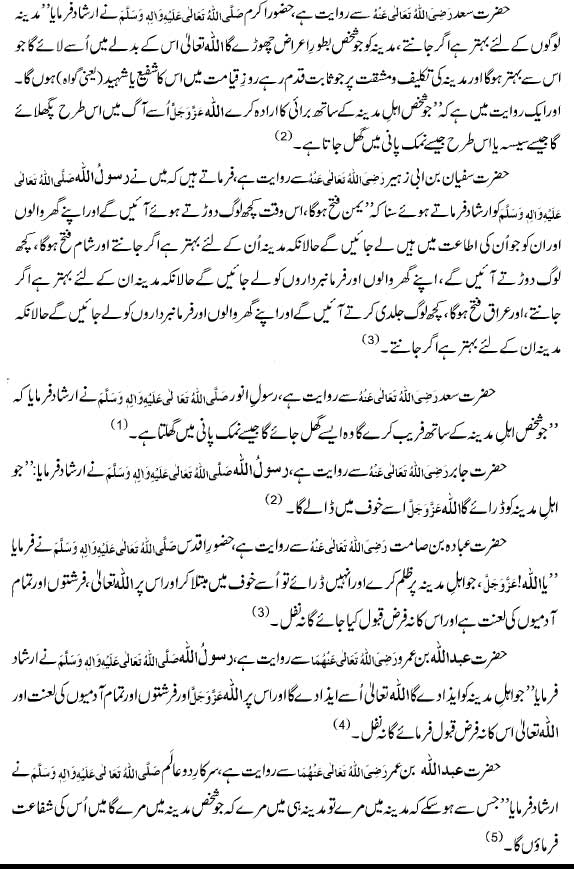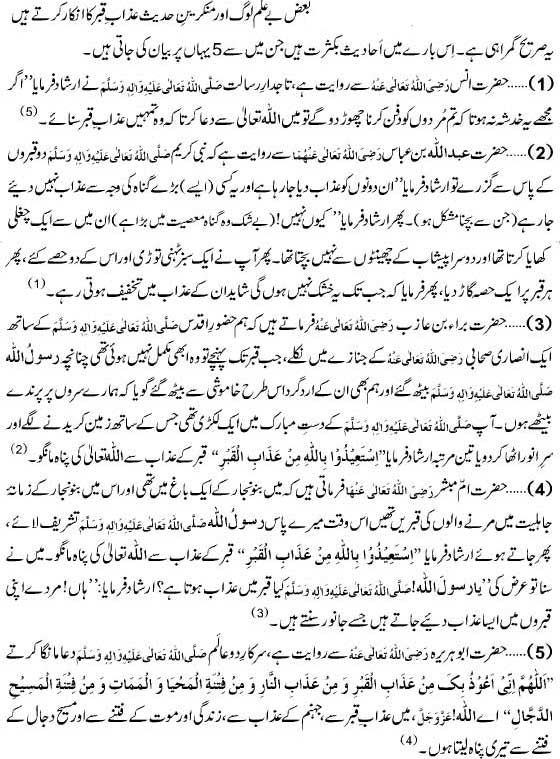When the Prophet (peace be upon him) concluded the Al-Hudaybiyah peace treaty with the people of Makkah, who were still determinedly opposed to Islam, the treaty stipulated that the Prophet and his companions would not be allowed to enter Makkah that year, even though they intended nothing other than to worship there. Instead, they were to return to Madinah, but they would be allowed entry the following year, provided that they would stay only three days in Makkah.
This duly took place and the Prophet entered the city peacefully with his companions, where they performed their Umrah. Those who were perceptive in Makkah realized that Islam was continuing its surge, winning new hearts every day. They felt that every time a Muslim raised his voice declaring God’s oneness, a blow was leveled at idolatry. The end of that falsehood was soon coming. Therefore, the elders of Makkah wanted the Prophet and the Muslims to leave as soon as possible.
Yet something totally different was taking place. Al-Abbas, the Prophet’s uncle who was still residing in Makkah, keeping an eye on developments there, spoke to the Prophet about his own sister-in-Law, Barrah bint Al-Harith. Her husband had died recently. He suggested that the Prophet should marry her. The Prophet agreed. Someone rushed to break the news to the prospective bride. She was riding a camel. She jumped off it when she heard the news, and said: “The camel and its load belong to God’s messenger.”
It all happened very quickly, yet preparations were put in hand for the unplanned wedding. By the evening of the third day of the Prophet’s entry in Makkah, two figures from the Quraysh came over to him. They put up a serious and threatening attitude, and said: “The time you have been allowed here is up. Will you and your followers now depart?” The Prophet mentioned that he was about to marry and suggested to them: “Would you not consider an alternative? If you would let me have my wedding here, we will throw a party for you and serve you with a good dinner.” They said: “We do not need your food. You better leave us now.” The Prophet did not argue the matter further. He ordered his companions to depart, fulfilling the condition of staying only three days in Makkah. The marriage took place at some distance from Makkah.
It is not surprising that the people of Makkah should take such an uncompromising attitude. They felt that if Muhammad (peace be upon him) had a chance to have his wedding in their own grounds and to talk to the people in the friendly atmosphere of a wedding and a banquet, their cause would lose its grip on the hearts of those very Makkan people. They realized that their own religion could not stand up to the logic of Islam. People were bound to be favorably influenced by the Prophet’s personality and the strength of his argument. The barriers which they erected to prevent people from going over to him would thus start to collapse. They realized that Muhammad’s visit to Makkah was changing the atmosphere which had prevailed between the two camps, but they could not realize that many of the people of Makkah had already softened to the cause of Islam.
The Prophet changed the name of his new wife, calling her Maymoonah, which means “a woman who brings goodness.” He hoped that his trip to Makkah would be instrumental in bringing its people to listen to the voice of Islam and to look at it without prejudice. Maymoonah was very devout. Ayesha said of her: “By God, she was one of the most God-fearing and the kindest to relatives among us.”
-By Adil Salahi




